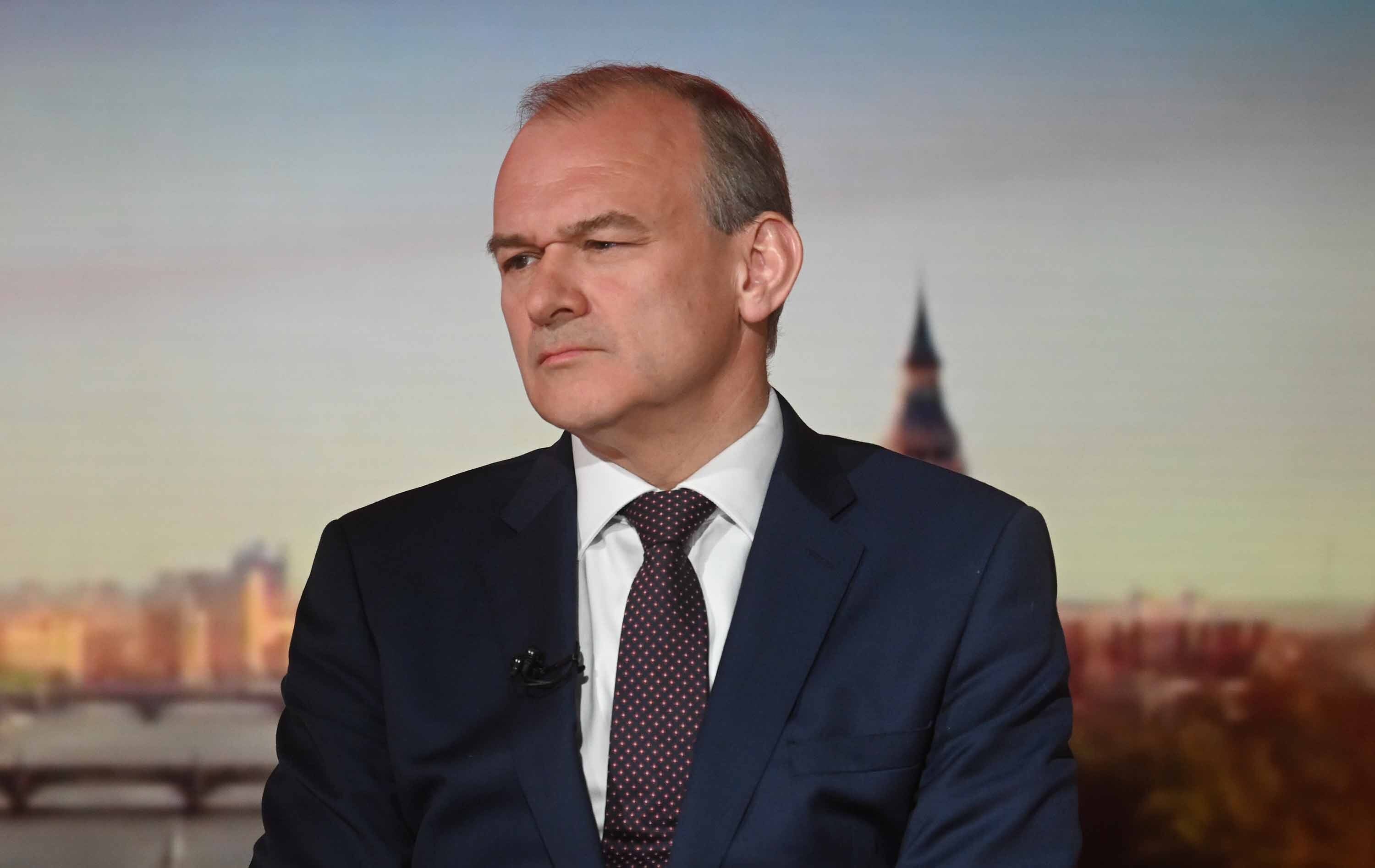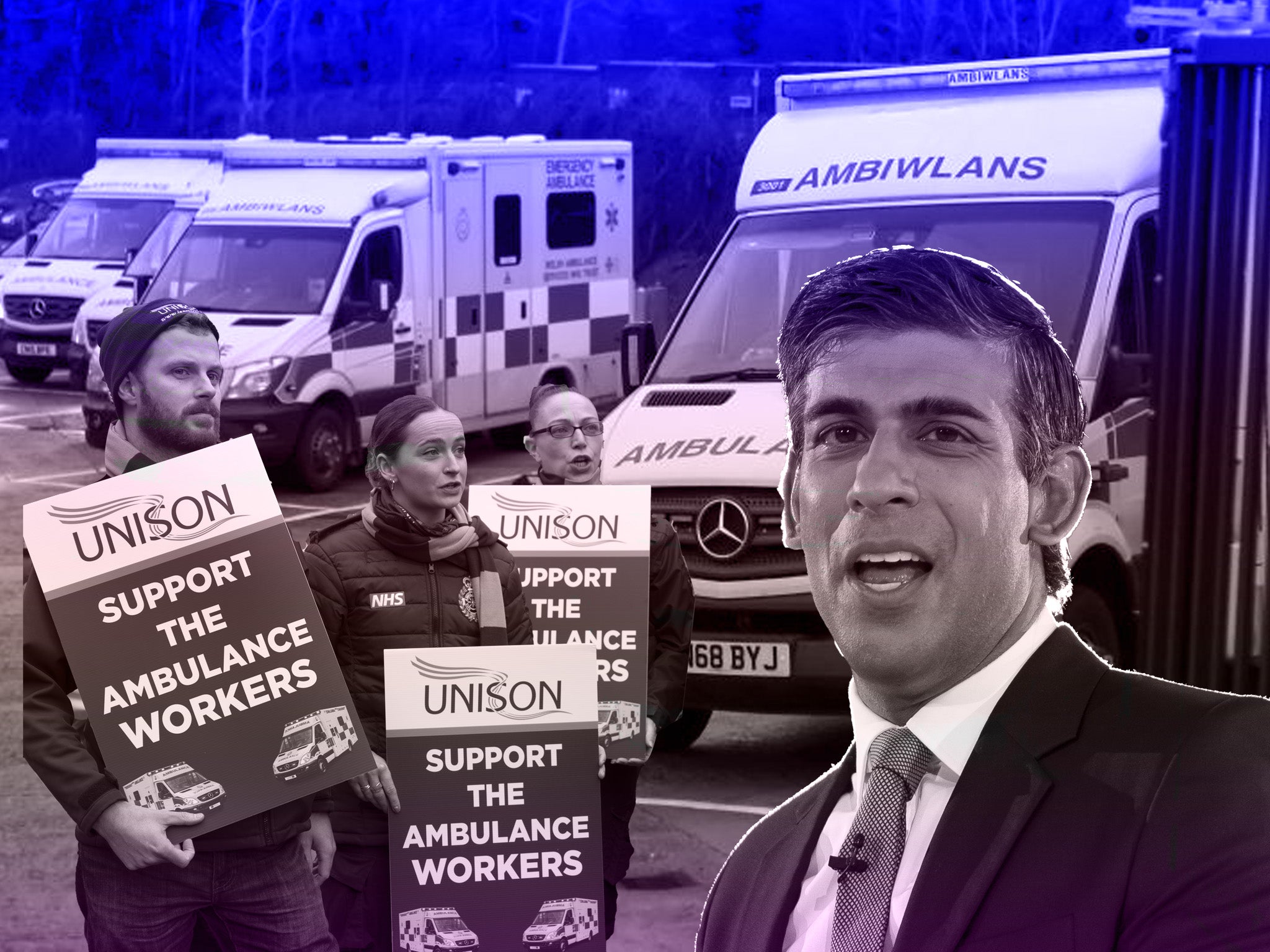‘Neglected’ patients resorting to DIY medicine due to lack of GP appointments
Survey finds more than a quarter of adults unable to see a local GP face-to-face
Your support helps us to tell the story
This election is still a dead heat, according to most polls. In a fight with such wafer-thin margins, we need reporters on the ground talking to the people Trump and Harris are courting. Your support allows us to keep sending journalists to the story.
The Independent is trusted by 27 million Americans from across the entire political spectrum every month. Unlike many other quality news outlets, we choose not to lock you out of our reporting and analysis with paywalls. But quality journalism must still be paid for.
Help us keep bring these critical stories to light. Your support makes all the difference.
Patients are resorting to do-it-yourself medical treatments because they cannot get a face-to-face appointment with a GP, according to new research.
A survey by Savanta ComRes found that, in the past 12 months, more than one in four adults had tried to get an in-person consultation with a GP in their local area but were unable to do so.
While some delayed seeing a doctor or gave up altogether, the poll found that one in six (16 per cent) of those who could not get an appointment either administered treatment themselves or asked somebody else who was not medically qualified to do so.
The Liberal Democrats, who commissioned the survey, said the findings were a “national scandal”, and blamed years of “mismanagement and neglect” of local health services by the government.
The survey comes as a senior health official called on the government to declare a “national NHS major incident”, saying conditions within the service were in a “critical state for patients”.
Dr Tim Cooksley, president of the Society for Acute Medicine, said: “This is a time of crisis and there are fears this will worsen further over the coming months, so leaders must prioritise those improvements we can make now that will help us to navigate this turbulent period.”
The survey, involving more than 2,000 adults, found that, in the past year, three out of four (72 per cent) had tried to get a face-to-face GP appointment in their local area, with 43 per cent proving successful while 29 per cent were not.
Of those who were unsuccessful, one in three (32 per cent) said they delayed seeing a GP despite being in pain, while almost as many (31 per cent) abandoned their attempt.
One in four (24 per cent) said they purchased medication at a pharmacy or online without advice from a doctor, while one in five (19 per cent) went to A&E.
Some 11 per cent paid for a private appointment, with another 10 per cent opting to travel a long distance to find a surgery offering consultations.
The survey results come as strike action hits the NHS, with nurses and ambulance workers walking out over long-running pay disputes and concerns about overwhelmed services due to staff shortages.
The action has added to pressure to care and treatment times, with NHS trusts across the country declaring critical incidents.

Lib Dem leader Sir Ed Davey said the government had repeatedly broken its promises to recruit more doctors and called on ministers to bring in another 8,000 GPs.
“This is a national scandal. Face-to-face GP appointments have become almost extinct in some areas of the country,” he said.
“We now have the devastating situation where people are left treating themselves or even self-prescribing medication because they can’t see their local GP.
“The British public pay their fair share to the NHS, but years of government mismanagement and neglect of local health services has left millions unable to see their GP.”
Another poll from the British Medical Association found four in 10 junior doctors were considering leaving the NHS once they have secured another role.
One-third of those polled were considering emigrating to continue practising in countries such as Australia and New Zealand.
A ballot for industrial action is set to open on 9 January with over 45,000 doctors included in the vote on whether to strike over pay and conditions.
Dr Margaret Ikpoh, vice chair of the Royal College of GPs, said difficulties in accessing services were the consequence of an under-resourced, underfunded, and understaffed service.
She said: “While we understand that difficulties in getting GP appointments will drive some patients to take matters into their own hands and turn to the internet or try to ‘cure’ themselves, we urge them to use reputable NHS-accredited resources which are written and quality assured by qualified and experienced medical professionals.
“However, while self-care has an important role to play, there are some patients who will need the expertise, knowledge and skills that only a GP or member of the practice team can provide.”
A Department of Health and Social Care spokesman said that, as of last September, there were almost 2,300 more full-time equivalent doctors working in general practice compared with September 2019, while there were record numbers in GP training.

“We recognise the pressures GPs are under and are working to increase access for patients,” the spokesman said.
“This year, GP teams have delivered 80,000 more appointments every working day compared to last year, and we plan to deliver over a million more appointments this winter by bolstering general practice teams with other professionals.
“Guidance is clear that GP practices must provide face-to-face appointments, alongside remote consultations - and over two-thirds of appointments in November were face to face.”
Savanta ComRes interviewed 2,061 UK adults aged 18 and over online between December 9 and 11.
Subscribe to Independent Premium to bookmark this article
Want to bookmark your favourite articles and stories to read or reference later? Start your Independent Premium subscription today.








Join our commenting forum
Join thought-provoking conversations, follow other Independent readers and see their replies
Comments